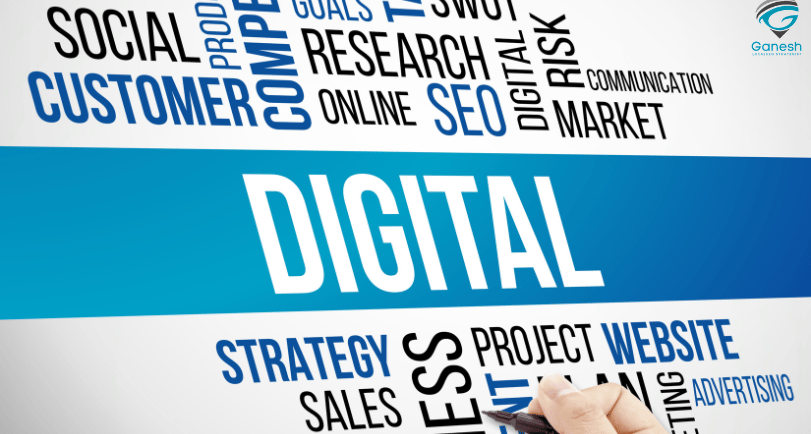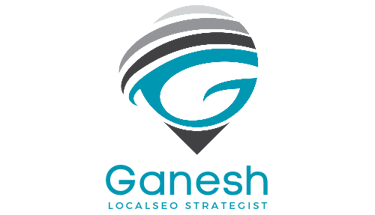What Is Digital Marketing? A Complete Guide for Beginners
In today’s digital world, businesses are constantly looking for ways to connect with their audience online. Digital marketing has become the go-to strategy for reaching consumers, building brand awareness, and driving sales. But what exactly is digital marketing, and how can you use it to grow your business?
10/28/20243 min read


1. What Is Digital Marketing?
Digital marketing refers to the use of online platforms and tools to promote products or services to potential customers. Unlike traditional marketing, which relies on physical media like print ads and billboards, digital marketing uses the internet and digital devices to engage with target audiences.
The main channels of digital marketing include:
Search Engine Optimization (SEO): Improving your website to rank higher on search engines like Google.
Content Marketing: Creating valuable content such as blog posts, videos, and social media posts to attract and engage your audience.
Email Marketing: Sending targeted emails to nurture leads and promote your products or services.
Social Media Marketing: Using platforms like Facebook, Instagram, and LinkedIn to interact with customers and promote your brand.
Pay-Per-Click (PPC) Advertising: Running ads on search engines or social media platforms and paying each time someone clicks on your ad.
2. Why Digital Marketing Is Important
Digital marketing allows businesses to reach a larger audience at a lower cost than traditional marketing methods. Some of the key benefits include:
Global Reach: Digital marketing lets you reach people all over the world.
Targeted Audience: With tools like Google Ads and Facebook Ads, you can target specific demographics based on age, interests, location, and more.
Measurable Results: You can track how well your campaigns are performing using analytics tools, allowing you to optimize your efforts for better results.
Cost-Effective: Digital marketing often costs less than traditional marketing while providing a higher return on investment (ROI).
3. Key Digital Marketing Strategies
If you’re just starting with digital marketing, here are some of the most effective strategies to consider:
a) Search Engine Optimization (SEO)
SEO is the process of optimizing your website to rank higher on search engines like Google. By improving your site’s content, speed, and user experience, you can increase your chances of being found by potential customers.
b) Social Media Marketing
Social media platforms such as Instagram, Facebook, Twitter, and LinkedIn offer businesses a direct line to their audience. By creating engaging content and building a community, you can strengthen your brand and drive traffic to your website.
c) Content Marketing
Creating high-quality, valuable content is one of the best ways to build trust with your audience. Blog posts, videos, and infographics can educate your audience, answer their questions, and help you stand out as an industry expert.
d) Email Marketing
Email marketing remains one of the most powerful digital marketing tools. By building an email list and sending personalized offers and content, you can stay connected with your customers and encourage repeat business.
e) Pay-Per-Click (PPC) Advertising
PPC advertising is a way to buy visits to your site by running ads on platforms like Google, YouTube, or Facebook. This can quickly drive traffic to your site, especially when you’re targeting the right keywords and audience.
4. How to Get Started with Digital Marketing
Starting your digital marketing journey can seem overwhelming, but here’s a simple plan to get you going:
Set Clear Goals: Determine what you want to achieve, such as increasing brand awareness, generating leads, or boosting sales.
Identify Your Audience: Understand who your target audience is and which platforms they use.
Choose the Right Channels: Based on your goals and audience, decide which digital marketing strategies will work best for your business.
Create Valuable Content: Develop engaging and helpful content that addresses your audience’s needs.
Monitor and Optimize: Use tools like Google Analytics to track your performance and make adjustments as needed to improve your results.
Conclusion: Why Digital Marketing Is Key to Business Success
Digital marketing is no longer optional in today’s fast-paced world. Whether you’re a small business owner or a large corporation, digital marketing helps you connect with your customers, build your brand, and drive sales. By leveraging the right strategies and tools, you can grow your business and stay competitive in the ever-evolving digital landscape.
If you’re ready to take your digital marketing efforts to the next level, start with a clear strategy, create valuable content, and continuously optimize your campaigns for success.
Contact Information
Flat No:502, Siri Castle
Midilapuri Vuda Colony,
P M Palem, Madhurawada,
Visakhapatnam - 530048
Important Links
© 2025 Local SEO by Ganesh. All Rights Reserved.
